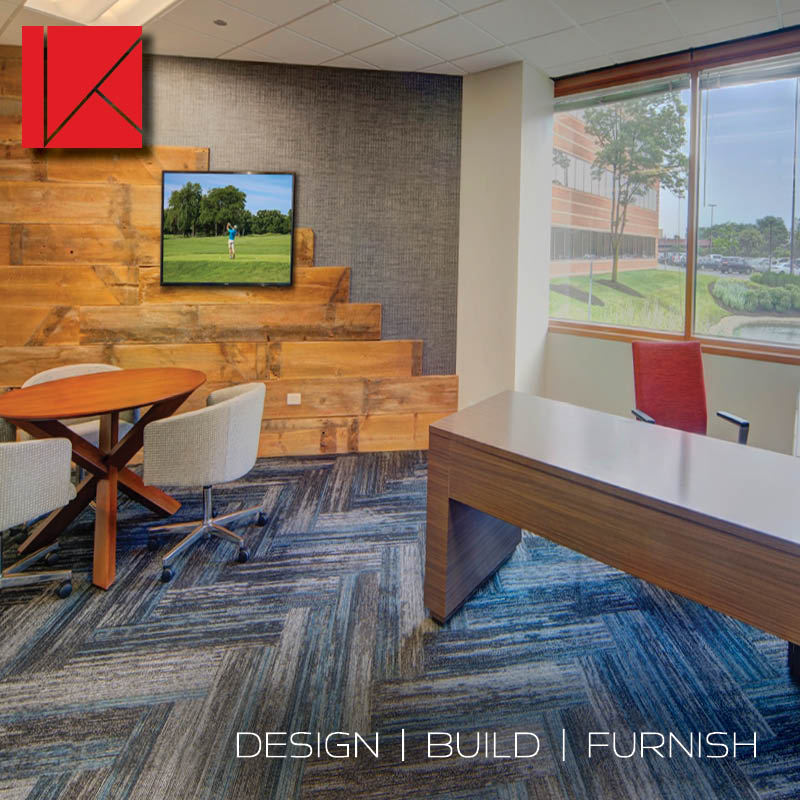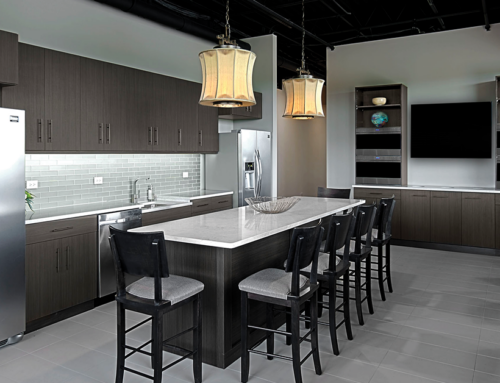3 Principles of Successful Automobile Dealership Design

“Consumer choice is influenced by multiple factors including brand perceptions built from the claims of brands in advertising, the comments of others about auto brands and direct product experience, but the dealership experience remains a central element of the buying process. The knowledge of dealers about brands is respected and often more trusted than other sources of information.”
However, what is changing –– and this is a positive development for consumers and car dealerships alike — is the nature and function of car dealership design.
Specifically, here are three car dealership design principles that some of the country’s most successful and thriving dealerships are using to re-invent their environment, and make it a destination that consumers look forward to visiting:
Car Dealership Design Principle #1: Enhanced Integration with Technology
Unlike other retail experiences, most consumers are not choosing to shop online or shop in a “brick-and-mortar” car dealership. Rather, they are starting their journey online, but then later heading into a dealership for a test drive, to learn about additional features and products, to visit the service department, and so on.
In light of this continuation and connection between an online and offline experience, today’s successful car dealerships are integrating more technology in their overall car dealership design. This includes fast Wifi and plenty of space for consumers to browse on their laptops and tablets. (This is especially valuable since many dealerships are no longer offering print brochures and product sheets, but instead sending consumers digital copies.)
Other technological elements include digital signage and flat-video screens, which convey useful information while helping dealerships create a standardized brand identity.
Car Dealership Design Principle #2: More Open Spaces
Classic car dealership design thinking typically placed the business and finance team deep in the background, often to the point that consumers had no idea they existed until it was time to apply for a loan, write a check, or pull out a credit card!
However, today’s consumers are much more sophisticated and savvy, and progressive car dealerships are wisely responding to this by creating a much more “open” space where all of the various teams that support consumers – including the aforementioned business and finance team – are part of the landscape (though there are still private offices to protect consumer privacy).
Ultimately, this approach is more than just a major esthetic improvement. It also demonstrates transparency and helps build trust, which is the key to building profitable, long-term relationships.
Car Dealership Design Principle #3: More Comfort, More Style
Today’s most innovative –– and indeed, most profitable –– car dealerships look virtually nothing like dealerships from the past, in much the same way that some of the most impressive and patient-centric doctor’s offices (thankfully!) bear no resemblance to the uncomfortable and unfriendly spaces of long ago.
Simply put, exceptionally well-designed car dealerships are all about consumer comfort and style –– regardless of whether the cars being sold are entry level or premium. For example, consumers can relax and chat privately (very important!) within the dealership itself vs. having to go to their car, wait to get home, or find a nearby coffee shop.
And speaking of coffee shop: the version in today’s best dealerships is not a Mr. Coffee circa 1990, complete with Styrofoam cups that may taste even better than the coffee itself. Rather, is a bonafide café complete with multiple beverage options for both coffee and non-coffee drinkers alike, and comfortable chairs and suitable lighting.
Of course, the idea here is not to compete with Starbucks. Successful car dealerships know that it is in their interest to keep consumers on-site for as long as possible, and to have them associate positive emotions with the dealership experience. A sophisticated, fully-featured café and consumer lounge is the ideal way to achieve this. Yes, it means that there is less space to feature cars in the showroom. But the trade-off is well worth it when it means more happy consumers – and more sales!
Learn More
At Key Interiors, we understand the ins and outs of car dealership design – including what may have worked in the past, but is no longer aligned with the needs and demands of today’s and tomorrow’s consumers. To learn more, contact us today and take advantage of your free consultation.






